The State of Georgia vs. Donald Trump, et al., is a pending criminal case against the former president and 18 of his cohorts.
But his lawyer on the case, Steve Sadow, disagreed with the indictments. So he’s now saying, the charges of “false statements and writings” that Trump committed were actually “a form of truth-telling.”
The Case
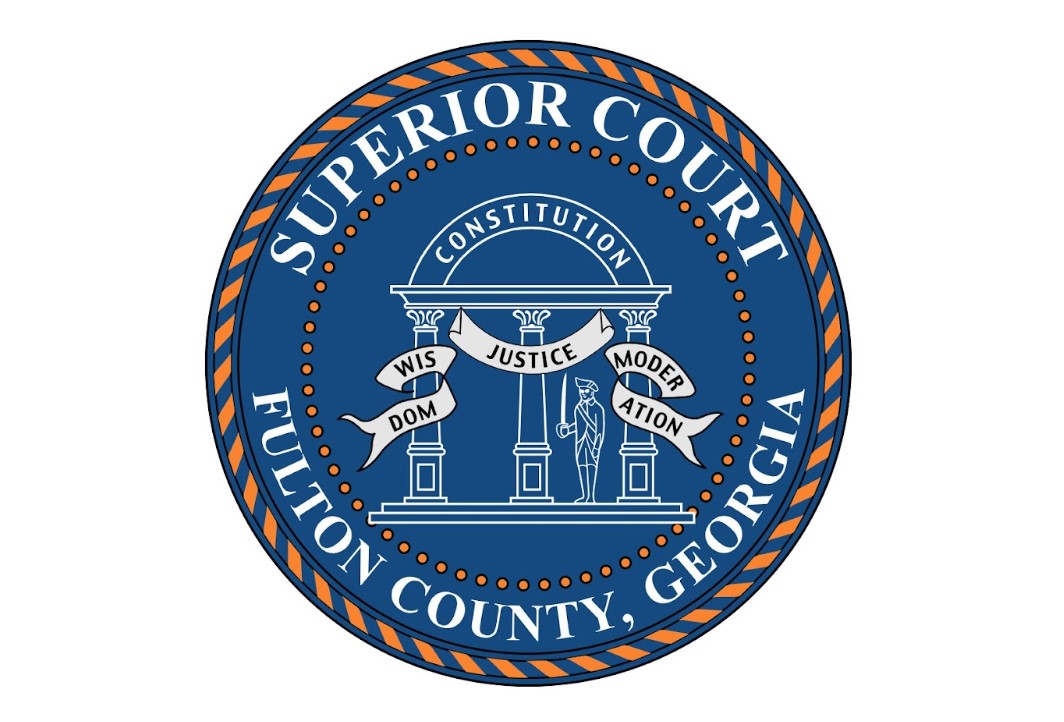
The Georgia case has been going on for a long time. Investigations over the Georgia election results started not long after the 2020 Presidential Elections, in February 2021. Fulton County DA Fani Willis led the investigation.
More than two years later, on August 14, 2023, a grand jury indicted the former POTUS and 18 allies. The case was then set to be heard in Fulton County Superior Court. The presiding judge is Scott F. McAfee.
The Indictments
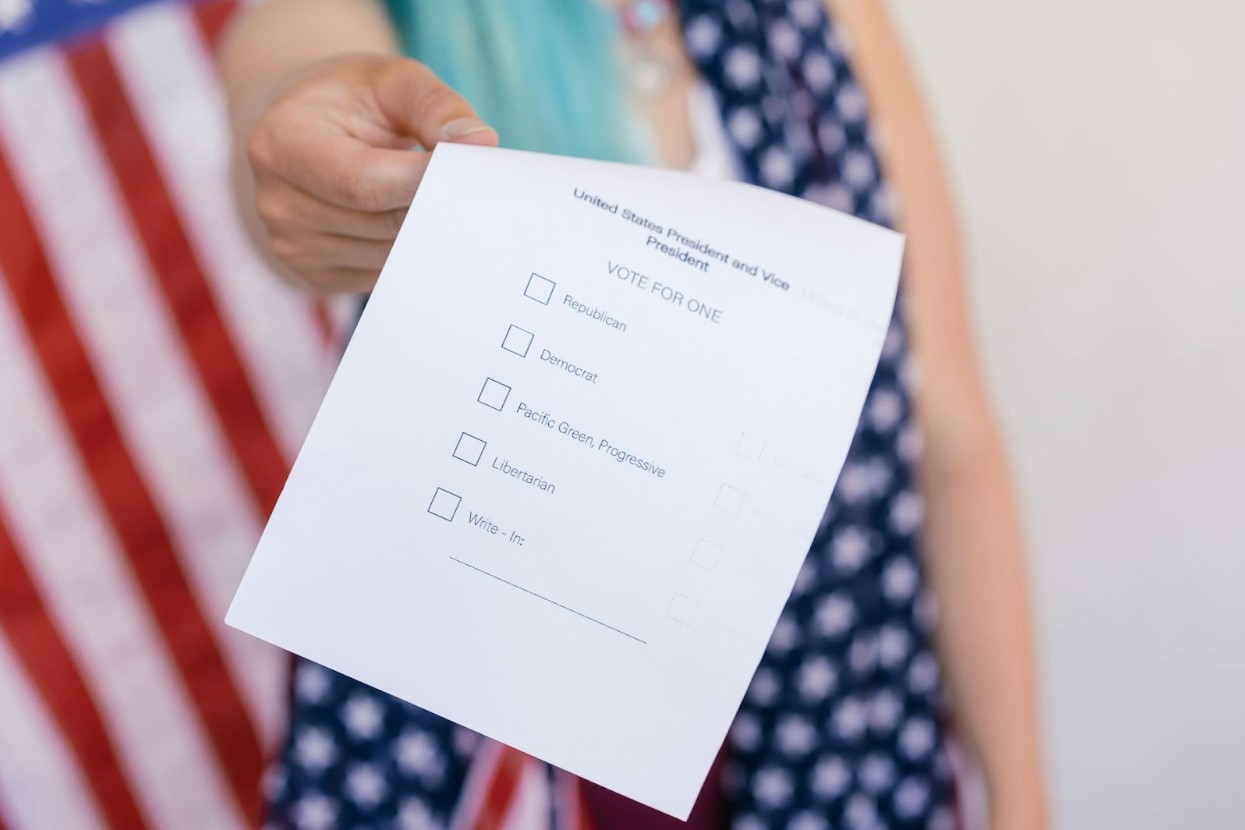
Trump was charged with a false assertion to Georgia Secretary of State Brad Raffensperger that he won by 400,000 votes. (In fact, he lost by 11,000 votes.)
He also made the accusation that more than 5,000 ballots were cast in the names of the dead (but they didn’t) and that a poll worker named Ruby Freeman stuffed ballot boxes illegally (the work of Trump’s attorney Rudy Giuliani).
Sadow’s Case
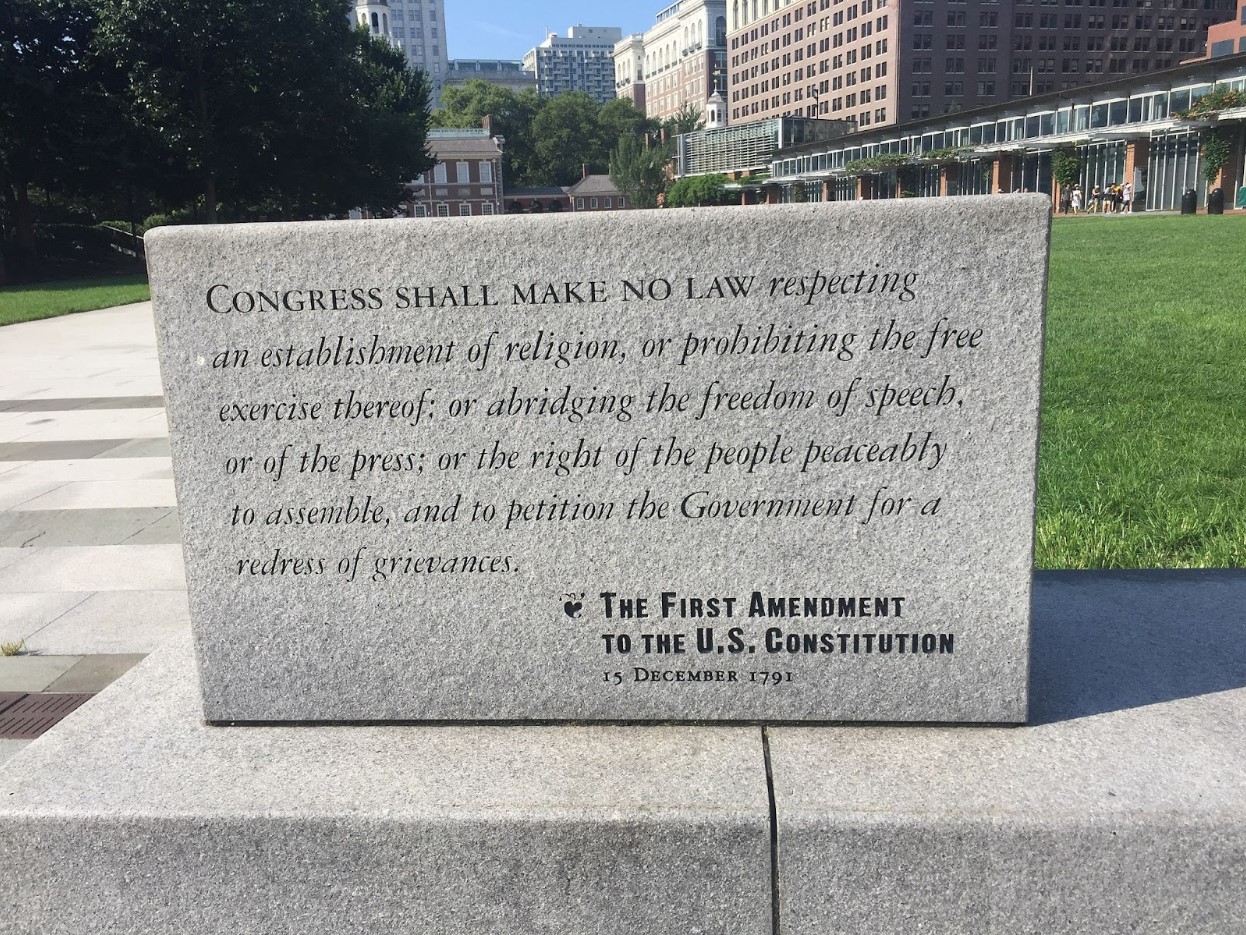
In an effort to get the charges dropped, Trump’s lawyer Sadow claimed in a court hearing at the end of March: lies are protected by the First Amendment; and lies are sometimes essential at getting to the truth.
“Campaigning and elections has [sic] always been found to be at the zenith of protected speech. What we have here is election speech,” Sadow told the judge.
Dismissal of Charges
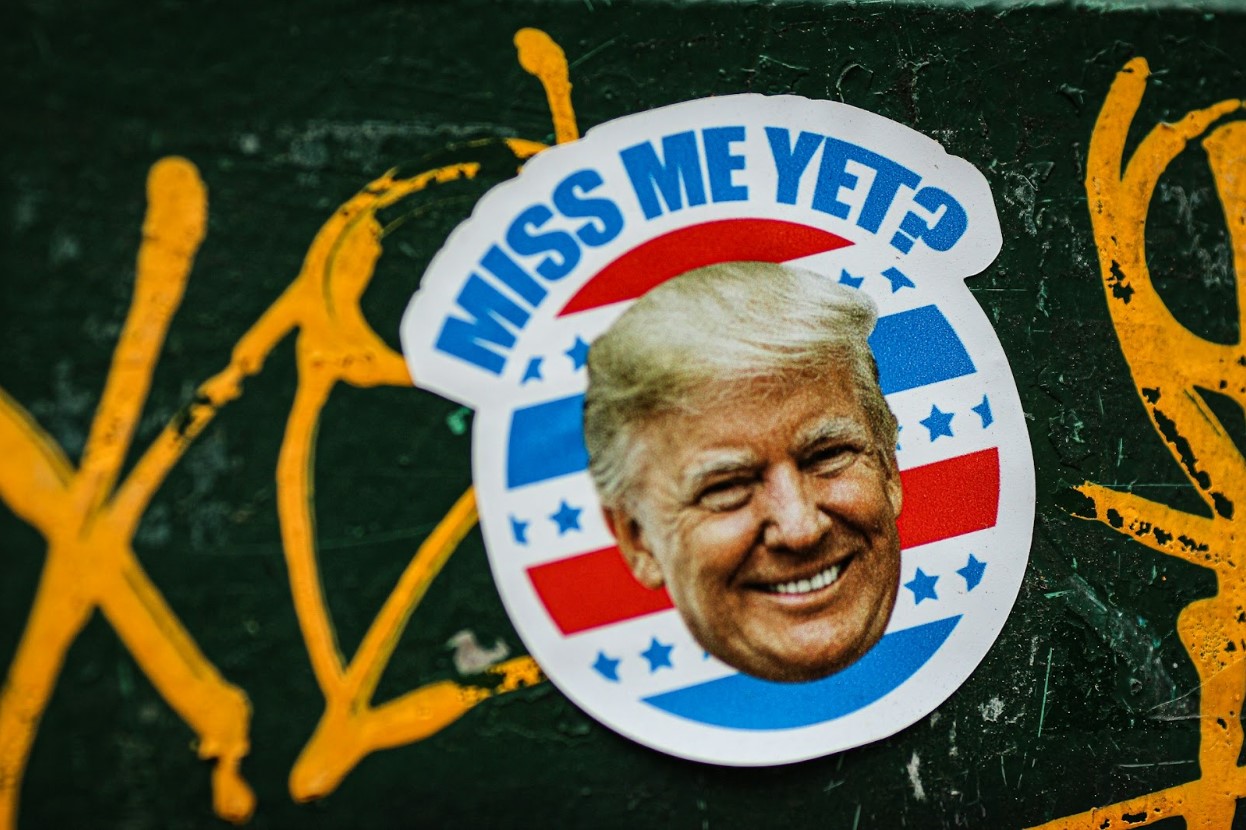
To be clear, what Sadow meant was that the charges should be dismissed because they were based on Trump’s statements questioning the election results.
“Falsity alone is not enough,” the lawyer remarked. ”Clearly, being president at the time, dealing with elections and campaigning, calling into question what had occurred—that’s the height of political speech.”
Socrates Methods
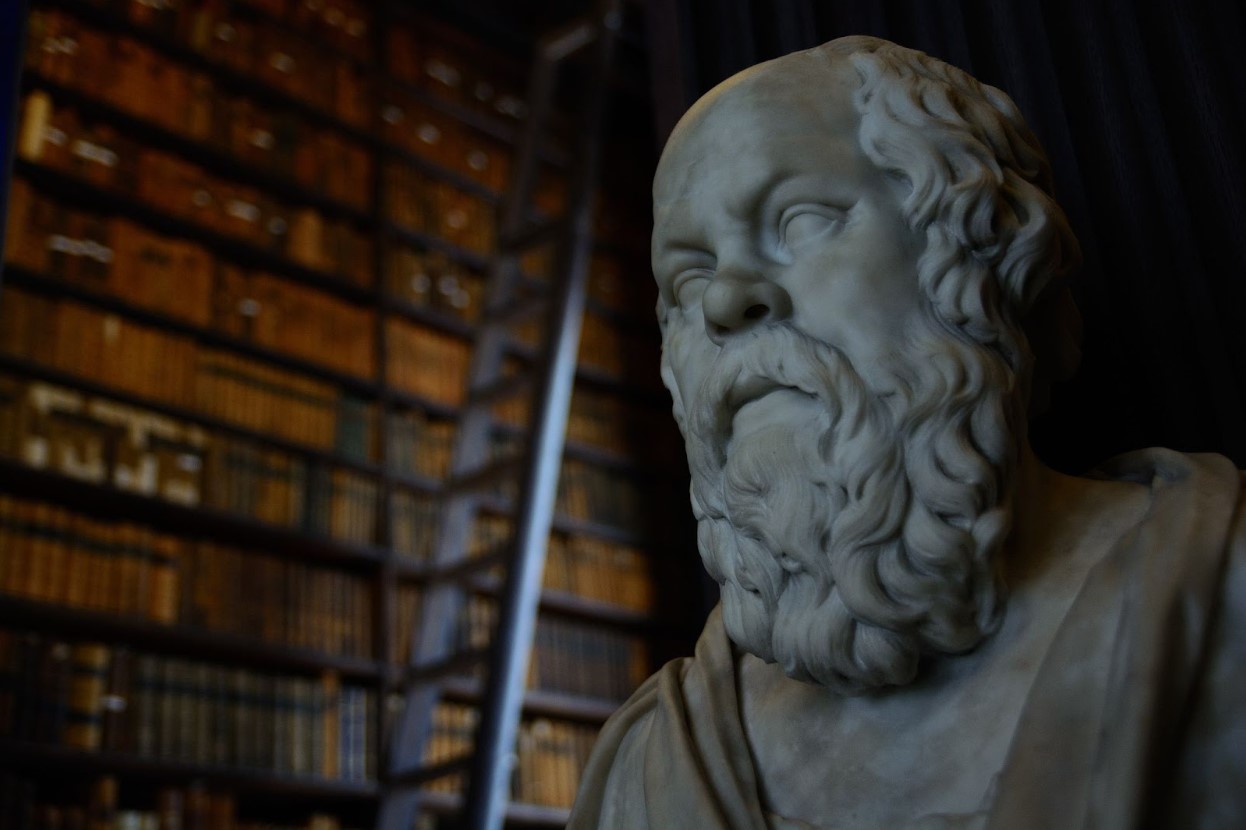
According to the lawyer, there is even a merit to lying. He referred to a 2012 Supreme Court decision examining whether falsities were constitutionally protected.
“As Socrates’ methods suggest, examination of a false statement—even if made deliberately to mislead—can promote a form of thought that ultimately helps realize the truth,” Sadow said.
The Prosecution’s Response

Obviously, the prosecution disagreed and couldn’t resist poking fun at the statement. Donald Wakeford, Willis’ chief prosecutor in the anti-corruption division, joked, “It’s interesting to hear counsel for Mr. Trump tell us about the usefulness of lies.”
But Wakeford emphasized how Trump’s lies were harmful. “It does harm to the government. That’s the reason that it’s illegal… it’s not just that you made a false statement. It’s that you swore to it in a court document.”
A Criminal Organization
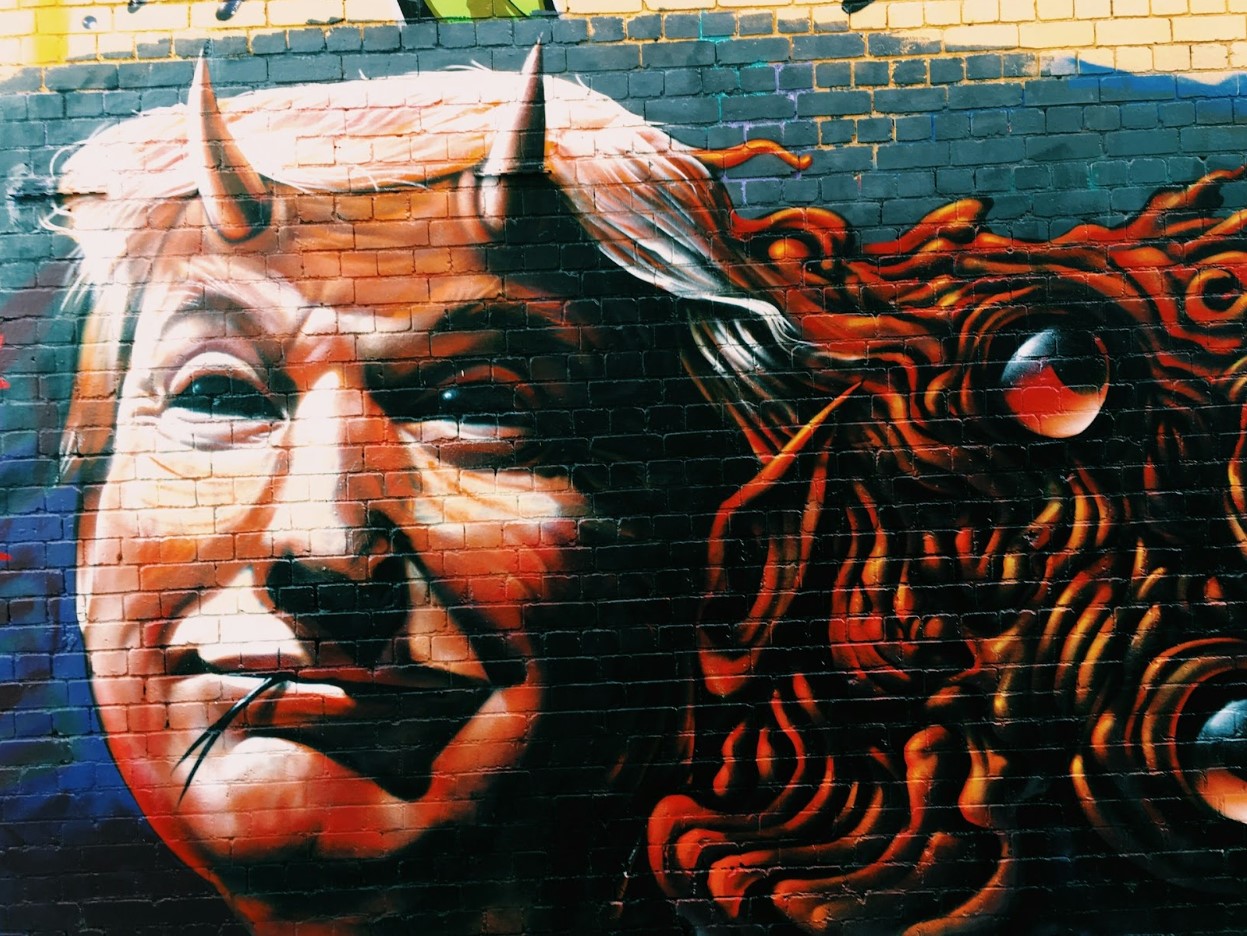
Even worse than lying, Wakeford thought, was the criminal intention behind the act. One of the key points in the indictment is the way Trump and his team pressured state officials to find 11,780 votes that would overturn the election results in George.
“It’s not just that he lied over and over and over again… it’s that each of those was employed as criminal activity with criminal intentions,” said Wakeford to the judge. “What we have heard here today is an attempt to rewrite the indictment… and he was just a guy asking questions. Not someone who was part of an overarching criminal conspiracy for trying to overturn an election he did not win.”
RICO Expert Speaks
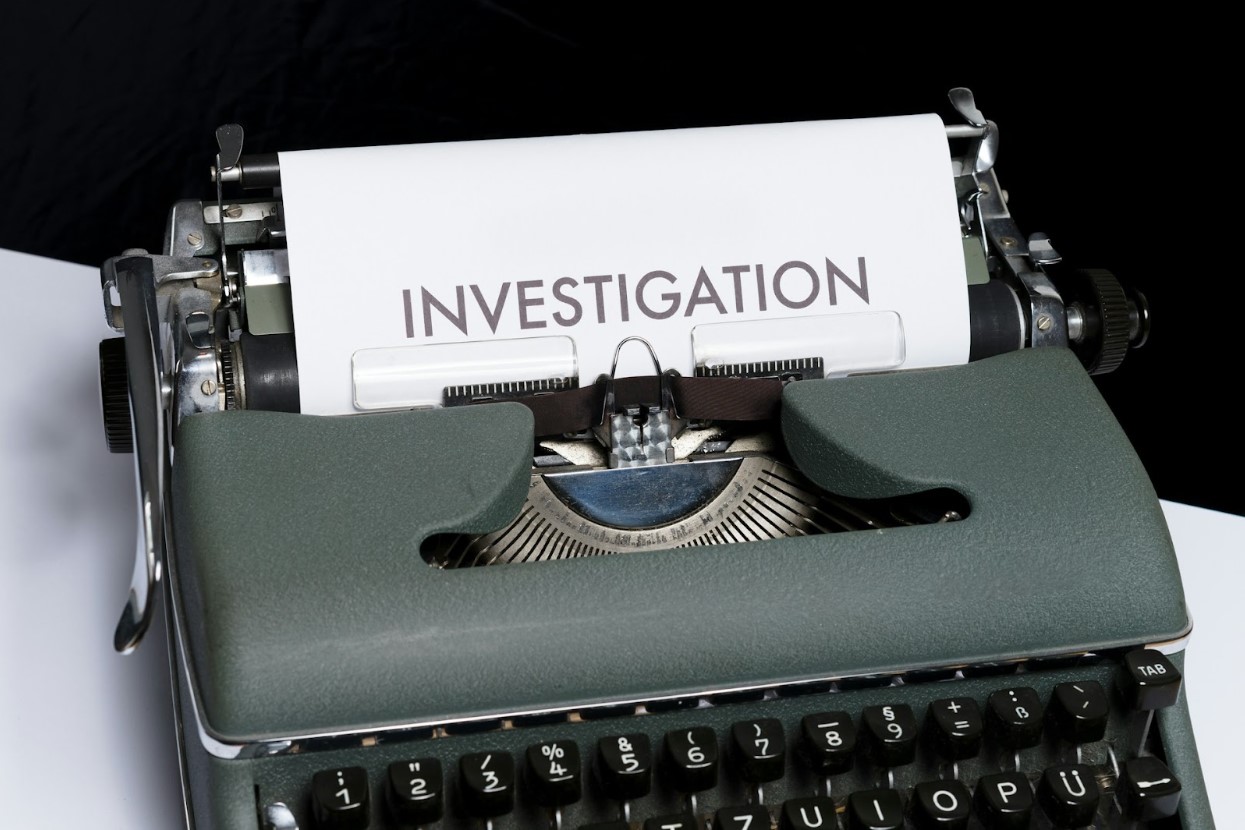
Another member of the prosecution team, John E. Floyd, a renowned RICO expert hired by the DA to treat the case as a racketeering mob take down, spoke up as well.
To him, even if Trump’s lies were actually true and could be considered free speech, no one could ignore the criminal aspects. “For purposes of the RICO statute, it doesn’t matter whether that’s First Amendment conduct or not,” he told the judge.
Court Drama
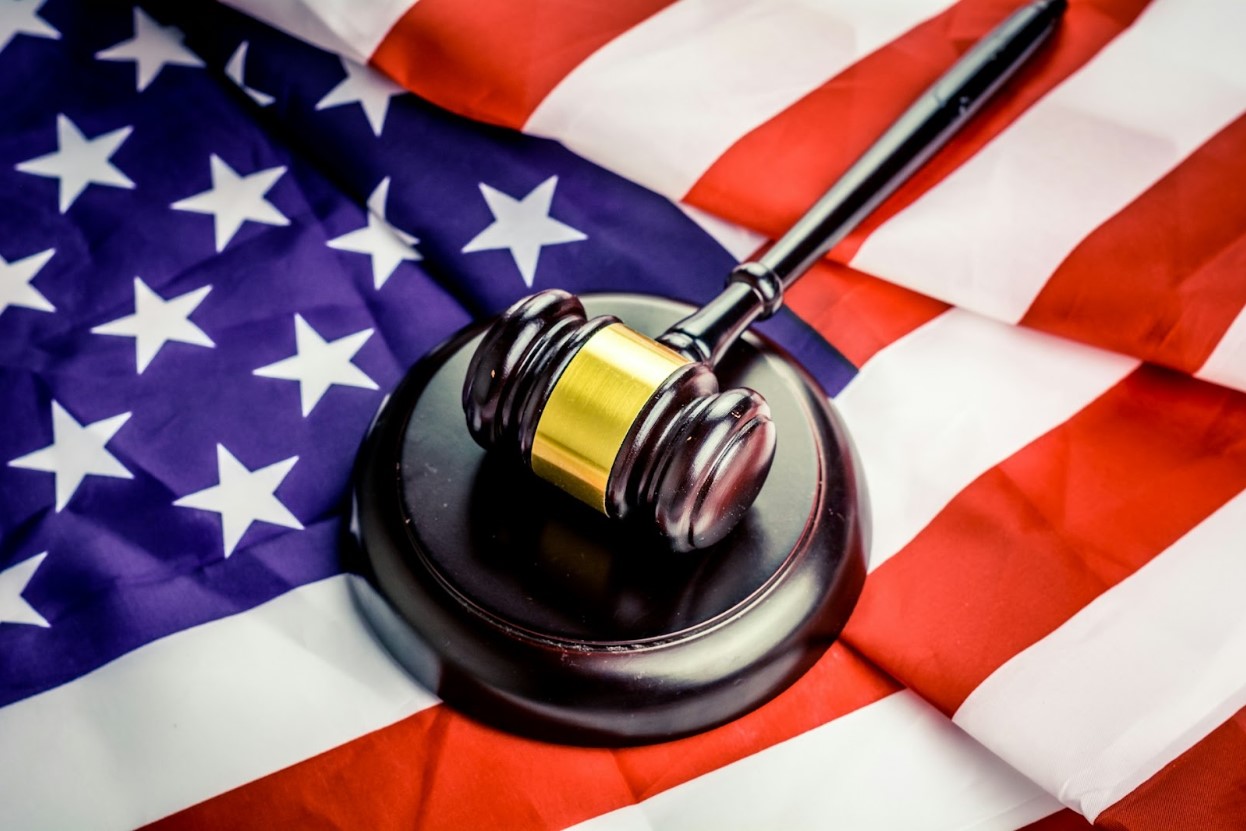
There’s no end to the drama involving this case. Earlier in the month, DA Willis was at risk for being disqualified, due to her romantic relationship with special prosecutor Nathan Wade. This allegation, brought by Trump’s lawyers, sidelined the main case for weeks.
Judge McAfee ruled against her dismissal, although Wade had to resign. Later in the month, it emerged that Trump and his 18 allies wanted to appeal the decision and have her dismissed anyway. Sadow said in a statement, ”We will use all legal options available as we continue to fight to end this case, which should never have been brought in the first place.”
Media Interest

Trump’s camp inability to accept defeat in George also baffled some members of the media. MSNBC’s The Beat with Ari Melber’s main anchor Ari Melber got into it with another defense attorney for the former POTUS, Drew Findling.
When Melber said, “You have an inability to acknowledge that he lost the state of Georgia,” Findling’s response was: “I don’t have an inability to do anything.” The attorney also said, “I’m not going to be put in a position where I have to make one claim or another claim.”
Judge’s Stance
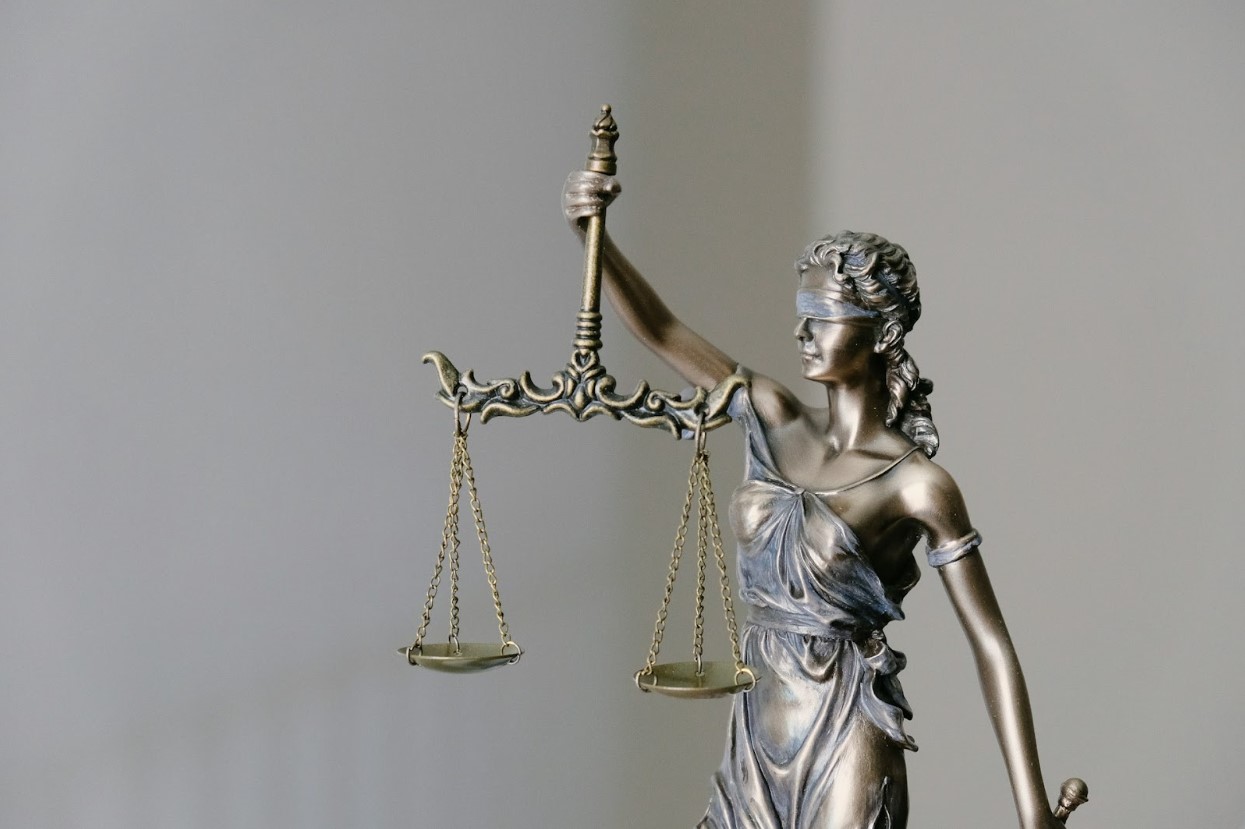
Judge McAfee’s stance on the First Amendment claims was still unsure. At the end of the hearing, no decisions were made.
The judge seems to aim for balance in his rulings. Aside from his ruling over the Willis-Wade romantic entanglement, he also dismissed 6 out of the 41 charges made in the indictment (three were against Trump) because he felt the prosecution didn’t have enough details about the alleged crimes. Now, the public waits for what’s going to happen next in this case.
